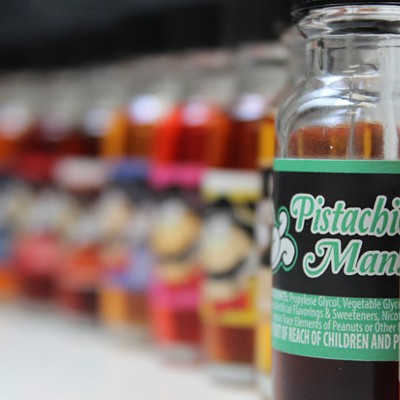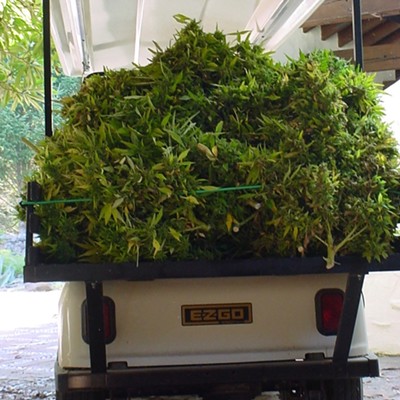The Oregon Liquor Control Commission has cleared a few important hurdles in its process of regulating the new recreational cannabis industry. In anticipation of its January 4 deadline for accepting applications for commercial growers, processors, wholesalers, and retail outlets, OLCC has signed an agreement with NIC USA, Inc to build the online license application form. NIC is a well-regarded information service provider for federal and state governments based in Kansas.
OLCC has also dotted the Is and crossed the Ts on its draft regulations, which were initially released two weeks ago. In a true slap in the face to college students throughout the state, OLCC has added dormitory to the list of prohibited delivery locations for cannabis. The remainder of the changes to the draft rules are less controversial, but now that the rules are in final draft form, they are worth a closer look.
The rules provide for seed to sale tracking of all cannabis and tight security at all locations where cannabis is present. Everything cannabis-related that takes place at these businesses will be recorded on video and even outdoor grows must be shielded by a continuous solid wall or fence at least eight-feet high. In all, the rules are similar to those that already apply to medical marijuana grow sites and dispensaries, and there is even an opt-in provision for medical grow sites to become licensed as recreational cannabis producers.
Despite this, the draft rules allow for licensed recreational cannabis producers (not retailers, wholesalers, or processors) to offer tours to the over-21 general public. This will no doubt be a big lift for Oregon tourism, especially in places like Portland and Bend, where brewery and winery tours are common.
The regulatory fees are steep, but no doubt reflect the anticipated revenues of these businesses. Licensing fees are $4,750 for processors, wholesalers, retailers, and laboratories. Licensing fees for producers are $3,750 for smaller grow operations (up to 5,000 square feet indoors or 20,000 square feet outdoors) and $5,750 for larger operations. These fees are annual and in addition to an annual $250 application or renewal fee. Applicants must also pay a criminal background check fee of $50 per person, and all owners or financiers of the business must appear on the application. OLCC will charge $1,000 to review a proposed business-location move or change in-business-ownership. A business that wants OLCC preapproval of its packaging or labeling must pay $100.
Cannabis handlers will also be required to obtain a license to work for these businesses. The license requires completion of a marijuana handler education course, which comes with a test at the end. The applicant also must pay a $100 fee, which is good for two years, and renewal is also $100. If approved, the handler must keep the license on their person at all times when at work, and—in order to ensure the complete corporatization of the Oregon cannabis industry—all employees "must wear clothing or a badge issued by the [business] that easily identifies the individual as an employee."
But the most interesting form of cannabis license issued by OLCC is not a business license at all. It is a license that allows scientists to conduct actual scientific research on cannabis. The license fee is $4,750 and it is good for three years.
This is especially important because, as the Brookings Institution succinctly put it last week, "The federal government is stifling medical research in a rapidly transforming area of public policy that has consequences for public health and public safety."
And "stifling" is putting it mildly. The federal government has essentially prohibited meaningful scientific research on cannabis for over 40 years. Thanks to the federal government's policy, even basic questions about how cannabis affects people have gone unanswered.
For example, almost everyone agrees that there is a strong need to develop a simple test to determine when someone should not be allowed to drive or operate machinery. But there is some evidence that cannabis intoxication does not work like alcohol does, so that a test that works for a new cannabis user may not work for a habitual user. So how do we test if someone is OK to drive? Only if we do the scientific research necessary to figure it out.
Oregon's Marijuana Research Certificate could help break this logjam, and may bring new research money to places like OHSU. Meanwhile, Oregon Representative Earl Blumenauer continues to work in Congress to repeal the federal research ban.























